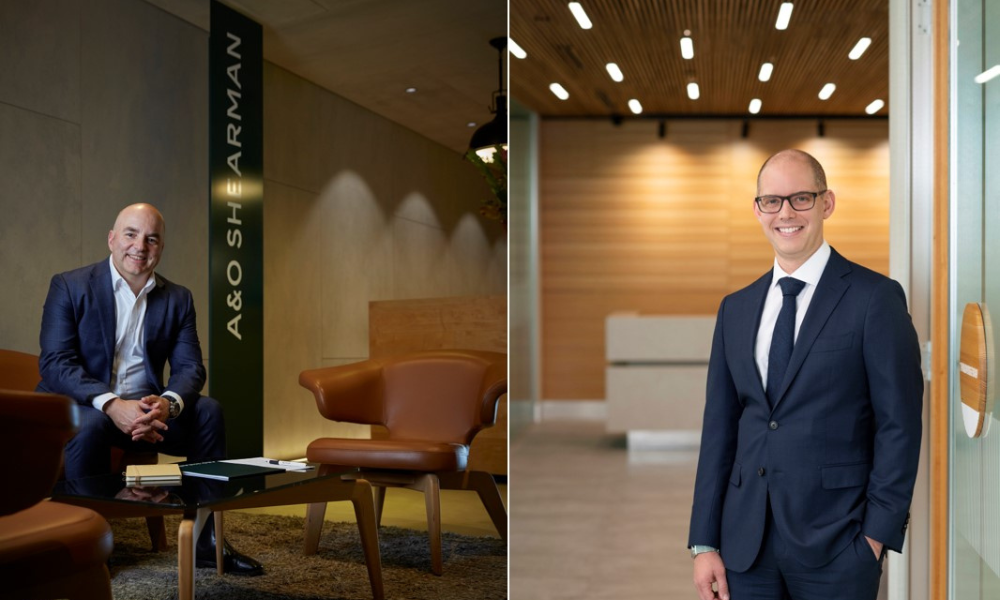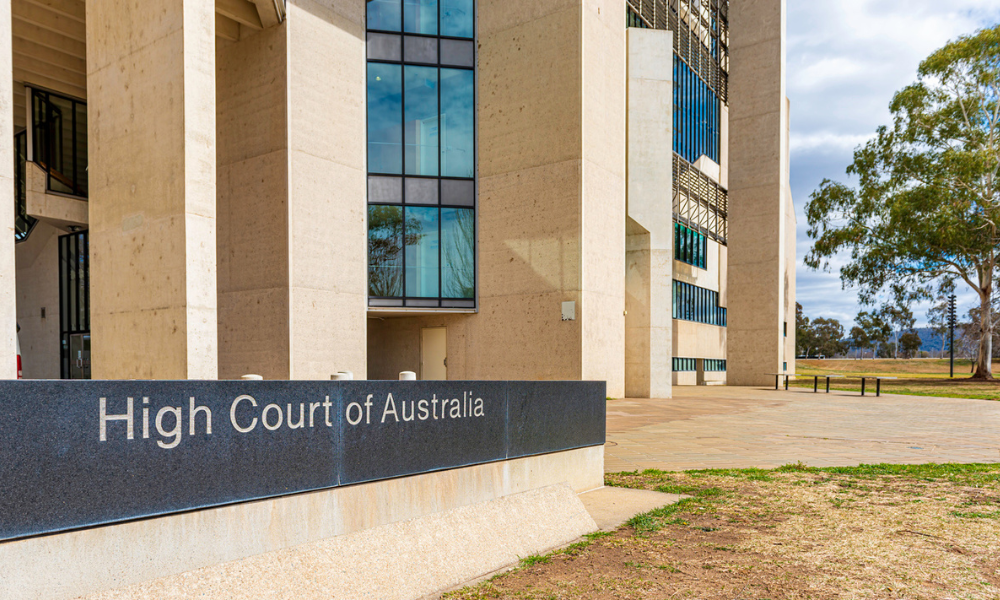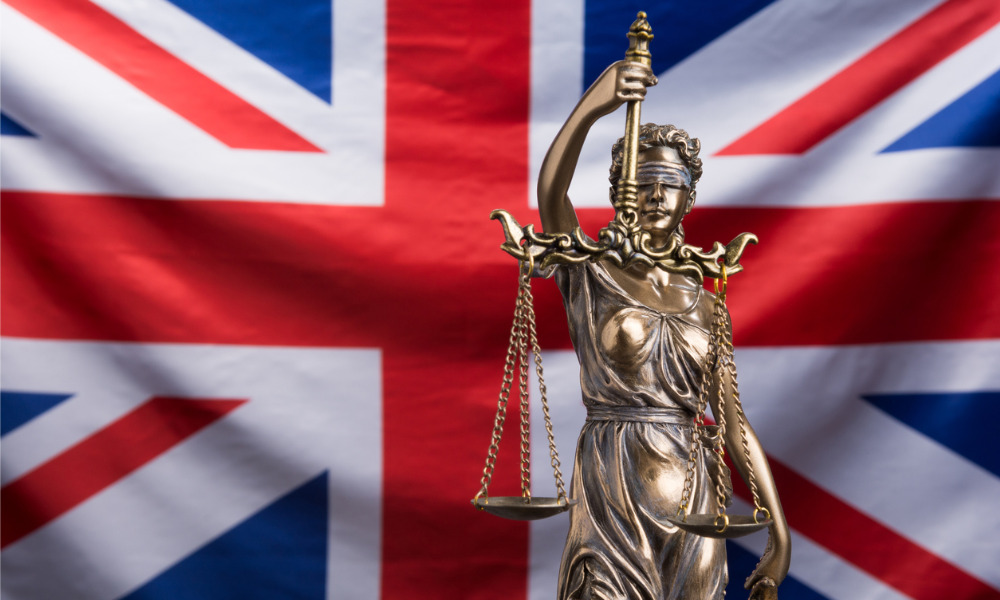Court says that a mark must be inherently adapted to distinguish an applicant's services from those of others

The Federal Court dismissed an appeal by Melbourne Bone and Joint Clinic Pty Ltd (MBJC) against a decision to reject its trade mark application.
In Melbourne Bone and Joint Clinic Pty Ltd v Registrar of Trade Marks [2024] FCA 53, MBJC sought trade mark registration for "MELBOURNE BONE AND JOINT CLINIC,” concerning various classes 35 and 44 services, notably orthopaedic surgery and related medical services.
The initial rejection by a Registrar of Trade Marks delegate was grounded on s. 41(3) of the Trade Marks Act 1995, which stipulates that a trade mark must be rejected if it is not capable of distinguishing the applicant's goods or services from those of others. The delegate determined that the trade mark was not inherently adapted to distinguish MBJC's services and that MBJC had not used the trade mark to a sufficient extent before the filing date to distinguish its services.
The appeal court thoroughly analysed the trade mark's inherent adaptability to distinguish the designated services. It concluded that the trade mark, in its entirety, directly described the services offered by MBJC. Accordingly, it did not meet the criteria for inherent distinctiveness required under the Trade Marks Act.
The decision delves into the ordinary significance of the trade mark to the relevant public, finding that "MELBOURNE BONE AND JOINT CLINIC" straightforwardly refers to a medical establishment in Melbourne offering services related to bones and joints. It was determined that other traders would have a legitimate interest in using similar terms for their services, further supporting the decision to reject the trade mark's registration.
The court emphasised the importance of a trade mark being inherently adapted to distinguish an applicant's services from those of others without reliance on prior use or other external factors. The evidence presented by MBJC, including the use of the trade mark in various forms of communication and marketing, was found insufficient to establish that the trade mark had acquired distinctiveness through use.
The court ordered MBJC to pay the registrar’s costs for the proceeding.










